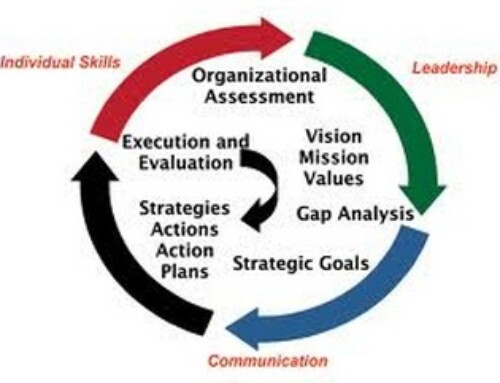 The real estate industry may have received a gift this week, a weak stock market will cause investors to increase their exposure in real estate, which is distressed and priced at a discount.
The real estate industry may have received a gift this week, a weak stock market will cause investors to increase their exposure in real estate, which is distressed and priced at a discount.
Unless you have no savings at all, you likely watched your savings go down 10%-15% in the past few weeks. For every $100,000 that was invested, you are now staring at $85,000. This will come as a tremendous shock to many Americans when they open their 401K statements in September.
Given this erratic performance in stocks, suddenly real estate is looking like a great investment. Real Estate, even at its worst performance, has not seen the type of market volatility the stock market suffered last month. Real Estate represents a sound investment.
By all accounts, the real estate market is bounding for a recovery. The timing of that recovery is uncertain – perhaps 2-3 years. Early speculators in 2008 were looking at 2012 as a recovery time. Today’s speculators are looking at 2014. My point is that real estate in America is a great investment. Lets look at the three factors that benefit real estate investments.
Real Estate pays dividends.
If you are a real estate investor, you can rent the home you purchase. This provides dividends on the investment that offset the cost of ownership. In speaking with Long and Foster yesterday, their property management business is doing great. I suspect that the same is true of Florida broker, Watson Real Estate and others. Brokerages that provide end-to-end services for investors today stand to see growth as home sales to investors increase and the rental market remains strong.
Real Estate has tax advantages.
Consider the list: interest deductions, improvement write-offs, depreciation, and 1031 Exchanges all place real estate investments in a positive light for investors, especially high net income investors who are likely staring down the barrel of tax increases if their income is in the top 3% of wage earners in America.
Mortgage rates are low.
This provides investors with strong credit the opportunity to access investment cash on the margin. In stock market investing, only qualified investors with more than $1 Million in liquidity have the opportunity to invest on margin. With real estate, anyone can invest on the margin. Todays margin is about 80% to 20%. If you put 20% down on a property, you can borrow the rest. Moreover, the interest rates are at historic lows.
Nothing is ever a slam-dunk. Fiscal policy and a weak infrastructure in the banking industry pose risks to the housing market recovery. Bank of America, our country’s largest bank saw a 20% drop in market value yesterday despite better than expected operating performance. If the banks cannot raise capital, they cannot lend. This could lead to a tightening of credit.
If the Federal Government continues to print money, we are likely to see a rise in inflation. This will have the net economic effect of retarding capital investment gains across all sectors, including real estate.
Federal borrowing from other nations may also be at risk. Currently, the federal government is looking to borrow $5 to $7 Trillion dollars. Given the downgrades in the US credit rating by Standard and Poor’s, investors may not be interested in purchasing US Treasuries at such low interest rates. A rise in interest rates would have the effect of extending the housing crisis and pushing out recovery and return on capital investments.





[…] For: WAV Group […]